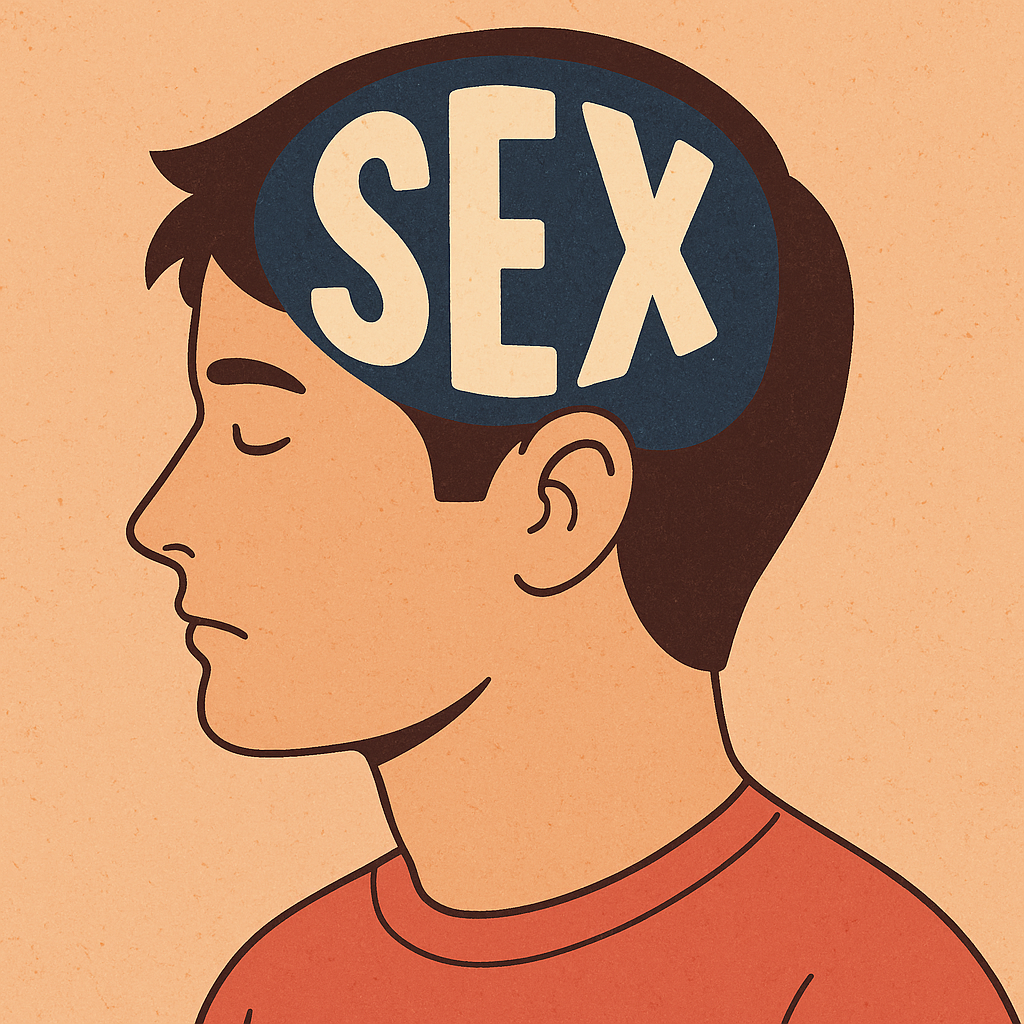As of 2019 the global video game market is estimated to be worth $ 152 billion. With the boom of the digital gaming industry in the last two decades or so, video games have entered almost every household around the world. According to a report by the Entertainment Software Association (ESA) of the United States, more than 150 million Americans play video games regularly, at least three hours per week.
Known to be highly captivating and fully immersive games, in recent years we have heard mental health professionals discussing about “gaming disorder”, raising the question about whether or not people can become addicted to it. To put the case to rest, as of 2019 the World Health Organization has recognized “gaming disorder” as a mental health condition, adding the disorder to the International Classification of Diseases.
What is Gaming Addiction?
Gaming addiction disorder is defined as pattern of gaming behavior characterized by impaired control over gaming, increasing priority given to gaming over other activities to the extent that gaming takes precedence over other interests and daily activities, and continuation or escalation of gaming despite the occurrence of negative consequences such as impairments in family relationships, social lives, work duties or other areas of one’s life. In other words, playing a lot of video games does not makes one an addict, the difference between a healthy fun gaming hobby and an addiction is the negative impact the activity has in someone’s life.
Gaming addiction is a legitimate illness as it contains within it the neurochemistry of addiction. The gains in gaming releases dopamine into the Nucleus Accumbens, setting off a cycle of craving, which is controlled by the parasympathetic nervous system and hence once an addict is hooked on the activity, there is no stopping it. This process can be duplicated for all addictions, but in gaming addiction, like fellow process addictions; does not require external chemicals to trigger the dopamine cycle. Like compulsive gambling; which is the closest addiction to gaming; it requires a process of activity and reward to offset this most seductive never-ending cycle of pleasure and destruction. Hence, for genuine gaming addicts, rest assured that the pain and powerlessness in the illness is a real and genuine problem.
Besides the science of addiction to back up this proposition, let’s look at the American Psychiatric Association’s (APA) view on addiction and why gaming has most recently been added in the latest edition of their content of mental illnesses - the “Diagnostic and Statistical Manual of Mental Disorders, 5th edition (DSM-V/DSM-5)”, which is used by mental health professionals worldwide.
What makes Gaming addictive?
A high amount of dopamine is often released by the brain when playing a video game and the overexposure to this level of stimulation can cause structural changes to one’s brain.
Some of the warning signs to be on the lookout for, to determine or not someone’s is suffering from gaming addiction are:
* Loss of Interests in Others Hobbies: When hobbies that were usually enjoyed regularly becomes secondary.
* Increased Concern About Gaming: When someone’s become worried or anxious about his/her previous or next gaming activity.
* Dominant Hobby: When gaming becomes the dominant activity in one’s daily life.
* Withdrawals Symptoms: When symptoms such as irritability, sadness, or anxiety start to emerge when gaming is taken away.
* Excessive Use: When the individual continues to play despite a negative impact in his/her life.
* Sleep Deprivation: When the individual spends too many hours gaming into the night.
So, we now know for certain that gaming disorder it’s a real, officially recognized disease afflicting members of our communities and society. The good news is that individuals can now seek the help they need from mental health and addiction professionals.
Providing a game-free environment to heal, at Solace gaming addiction is treated as a disease by a team of expert addiction clinicians, where treatment is through intensive therapy and the implementation of behavioral modification techniques for recovery.
Should you or your loved one be suffering from gaming addiction contact us to find out how we can be of support at mail@solaceasia.org or call us at +60128854686 / +60197154686.
What Are the Characteristics of Gaming Addiction?
According to APA, there are 9 criteria for characterizing “Gaming Addiction” as a legitimate mental disorder. They are as follows:
Pre-occupation
Addicts suffer from constant obsession of their addiction. If the gamer thinks of gaming at all times of the day, even while performing activities that bare no relevance to gaming, then he/she can be deemed to be suffering from addiction. It’s almost that all of life is based on gaming or that the ultimate purpose of existence is to fulfill the demands of gaming.
Withdrawal
Addicts suffer from negative mental, emotional, and physical effects of not participating in the addiction. If not gaming is followed by depression, anger, resentment, irritability, and restlessness; then it is no different from a drug addict who is deprived from drugs, hence it is an addiction.
Tolerance
With time, the pleasure of the addiction demands more in order to be as satisfying as the first high. Addict gamers will find themselves buying more equipment or upgrading the game to suit a particular goal, spending far more time and money on the game, as well as being unsatisfied with mediocre results.
Unrequited desire to stop
Addicts keep using not out of pleasure but out of the genuine inability to stop regardless of sincere attempts at quitting. If you find yourself planning to stop but never actually being able to do so, then you are a gaming addict.
Sacrificing Activities
The only activity in active addiction is the addiction itself. Addicts lose interest in everything bar the addiction. So if gaming becomes life and limb then you are sure to be only one thing: a gaming addict.
Persistency
Addiction persists regardless of negative consequences. If you find yourself persisting and continuing the gaming in spite of being aware that grades at school are falling; of being deprived of sleep, food, and even personal hygiene and health; then, that is a sure sign there is an illness at play.
Deception
Addicts will cheat, lie, and steal just to remain in active addiction. If you have found yourself doing any or all of these with the intent of hiding the fact that you are gaming, then the activity pushes some shame buttons internally. If that is so; you are different from the avid gamer who is not addicted to it.
Escapism
Addicts engage with addiction to escape life. If you find yourself gaming just to escape feelings of anxiety, hurt, depression, anger, joy, guilt, and shame to name a few, then you are an addict. Addiction is the ultimate act of avoiding life. So playing games to avoid life, makes you a gaming addict.
Increasing risk of losses over time
As addiction increases, unmanageability increases with it causing havoc and damages in one’s life. If you experience the loss of relationships, friendships, family, money, health, career opportunities, etc., then it is no different from the alcoholic who has lost all due to his/her drinking. If that makes a drinker of alcohol, alcoholic - it is just so with the gaming addict.
What does it mean to be a gaming addict?
First the good news: as it is a disease or illness, do not feel guilty or ashamed of it for in active addiction, the addict is not responsible for his/her actions just as the diabetic is not responsible for low blood sugar. This means you are not at fault for your addiction as you had no control over it. It is also a treatable illness and at Solace Sabah, we can offer you a way out of it forever.
Now the bad news: as gaming is bad for you due to addiction, that means no more gaming. This may sound cruel and it wasn’t put in the bad news section because it is a delight to read, quite the contrary. Nevertheless, it is what is needed for a new life, free from bondage to take shape.
As difficult as a permanent divorce from gaming will be, here at Solace Sabah, the addict will get all the help he/she needs to move on from this dark chapter in their life. We will show you or a loved one what life has to offer and how you or a loved one can find serenity living the life you were meant to live. With the opportunities and joy of life waiting on the other side, you or a loved one will come to realize how small a price giving up gaming will be to attain these far greater treasures of living!
References
http://www.medicalnewstoday.com/articles/278530.php
https://en.wikipedia.org/wiki/Video_game_addiction


.jpg)





